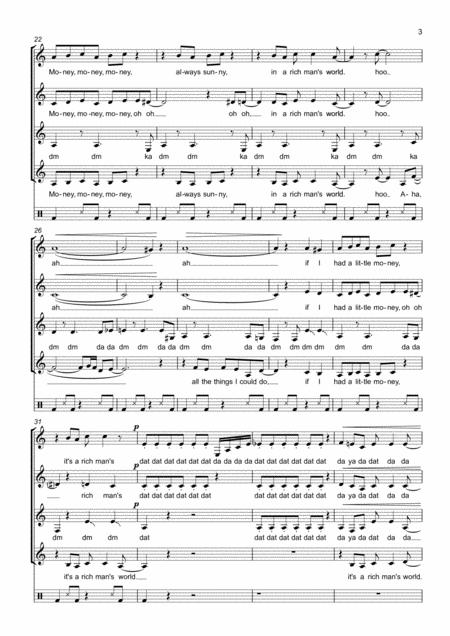

Yeah, that’s one of my favorite paragraphs in the book. He is interested in, to quote the book, the “incestuous genealogies” of money begetting money begetting money begetting money and how capital can be “force-fed its own body” to create more wealth and grow. As you said, he’s not interested in all the luxuries that his fortune may afford him. There’s something also positively monkish and austere about this character. It’s money for money’s sake, to paraphrase that dictum of art for art’s sake. So in a way, the way in which Vanner sees this tycoon, whose name is Benjamin Rask, is as almost an aesthete of money. I was interested in the almost abstract quality of so many American fortunes that are not tied to goods or services, fortunes that are purely mathematical and speculative. That’s a wonderful question because what is an enigma for Harold Vanner is also an enigma for me. What is Vanner’s take, this fictional writer, what is his take on who this person is and what his life meant? hernan diaz But he also doesn’t see it, finance, as a rewarding game, like bridge or chess, like you think he might- maybe it’s just a way for him to use his brain. He’s described as someone who doesn’t take pleasure in the luxuries afforded by money. I’m not sure I’ve ever read a more vivid cipher, if that’s not an oxymoron, than the character in this first book. And it’s also a book very much about New York, about marriage, and of course about money and the myths woven around a great fortune. And this sort of slightly decadent tone was interesting to me. And it narrates the ascent of this American tycoon, probably one of the richest men in the whole world, and his relationship with his wife.Īnd it’s written in this very specific tone that echoes back to Edith Wharton and Henry James, although the book was written in the ‘30s. So the first book- answering now directly your question- that you encounter is called “Bonds.” And it’s a novel by a fictional novelist called Harold Vanner.

So the table of contents is the first clue.

I was hoping the reader would become a textual detective as they enter the book. So what you encounter is four different texts, four documents, four books. A lot of care went into the first thing you actually see when you open the book, which is a table of contents. I love the physical act of reading and how the body is involved in the act of reading. I should say- I like what you said about your experience of opening the book. And kind of describe it for what it is, if you will, as it exists in the book. Tell me about the first quarter or so of this book, what form it takes. And then I turned two more pages, and I see another title page. So the first thing to say is that you open this book, and you see the nice title page with your name on it, “Trust,” by Hernan Diaz. And we will only give people the outlines so they can discover the rest for themselves. And of course, in modern parlance, no spoilers, because there’s a lot you discover as you read this book. We’ll walk listeners through this slowly. Hernan, thanks for being here to talk about it. His new novel, “Trust,” is about New York City and the financial world and the 20th century. That book reimagined, or re-reimagined, the American Western. His first novel, “In the Distance,” was a finalist for the Pulitzer Prize in 2018. Plus, my colleagues Greg Cowles and Liz Egan will be here to tell me what they’ve been reading.
#Moneymoney monet clarinet movie
Paul Fischer talks about “The Man Who Invented Motion Pictures,” the story of a French inventor, Thomas Edison, a true crime mystery, and a history of early movie technology. And all of a sudden, here’s Thomas Edison, who’s got a reputation as someone who’s not entirely ethical, announcing what sounds a lot like Louis Le Prince’s invention. Louis Le Prince has just disappeared months before. Hernan Diaz talks about his new novel, “Trust,” which is told in four parts, each one changing the reader’s perception of all that has come before. And the main premise of these fictions is that of the self-made man. The novel is, to a large extent, about the fictions woven around great wealth in America. Transcript Hernan Diaz on ‘Trust’ and Money in Fiction Hosted by John Williams Diaz talks about his second novel, and Paul Fischer discusses “The Man Who Invented Motion Pictures.” Saturday, May 7th, 2022


 0 kommentar(er)
0 kommentar(er)
